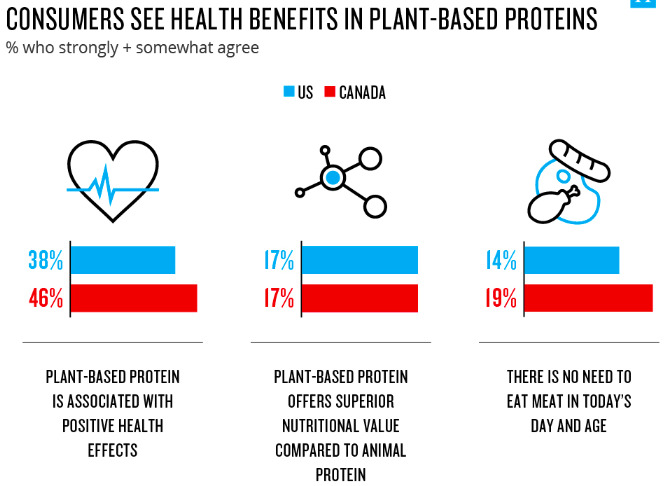Missouri Bill Bans Lab-Grown Meat From Being Called Meat
The meat industry, fearing societal changes toward increased environmental and health awareness, has moved swiftly to try and combat lab-grown and plant-based meat. Both promise a slew of benefits for the environment and human health, but threaten to upend the existing meat industry, spurring efforts on the latter's part to prevent use of the term "meat" in association with these new types of meat products.
Earlier this year, the US Cattlemen's Association petitioned the USDA in an effort to restrict the use of "meat" and "beef" to such products originating from animals that were born, raised, and then slaughtered to produce it. Such a restriction would prevent companies from referring to lab-grown beef as meat or beef, a ridiculous limitation that may confuse the public on the matter.
Make no mistake, lab-grown meat is meat, only without the suffering, death, and environmental damage side effects. Meat grown in a lab looks and tastes like meat acquired from a slaughtered cow, and several companies are working hard to bring the cost of this alternative down to reasonable levels. At a time when the population increasingly considers both the environmental and health impacts of their dietary choices, it's not hard to imagine lab-grown and plant protein-based meat will have a large appeal.

Preventing the use of "meat" and "beef" labels, though, could introduce an element of confusion or distrust among some consumers. Blocking progress in this regard would be yet another instance of financial interests directly challenging new innovations that promise to benefit both the planet and society.
That brings us to Missouri's recent vote. Late last week, state lawmakers approved a new agriculture bill that prevents these startups from referring to lab-grown meat as meat. To no one's surprise, the bill was backed by the Missouri Cattlemen's Association, the Missouri Farm Bureau, and Missouri's pork producers. This makes Missouri the first state to restrict the use of "meat" to traditional livestock.
The bill also prevents plant-based meats, such as the kind created by Beyond Meat, from being marketed as meat products. Despite this blow, society is gravitating away from traditional meat products to ones made from plant proteins. According to a report recently published by Nielsen, North Americans are "actively" adding plant-based foods to their diet in substitution for "real" meat, with 39-percent of Americans and 43-percent of Canadians making the change.
